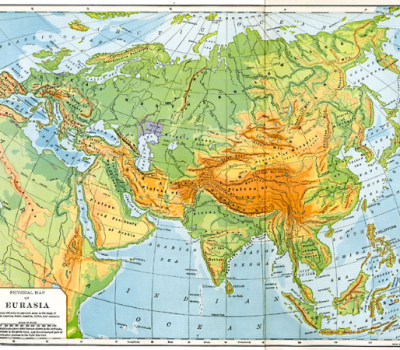
The Minsk Dialogue Council on International Relations (19 January 2024)
Dr. Teoman Ertuğrul TULUN*
Eurasia is a portmanteau word expressing the land mass of two continents named Asia and Europe by the ancient Greeks. It is a fictional fusion of two conventionally named continents, which stands for an abstract idea that can be considered a concept. In terms of surface area, while Asia corresponds to one-third of the Earth’s land mass, Europe is the second smallest continent in the world after Australia. The land mass of Asia is four times larger in area than Europe. Although there is no clear geographical or geological boundary to the east of the European continent, common knowledge has traditionally held that the east of Europe is separated from Asia by the Ural Mountains, the Ural River, and the Caucasus Mountains, and to the southeast by the Caspian Sea and the Black Sea. Pursuant to this general understanding, the Mediterranean Sea separates Europe from Africa in the south. Europe’s western borders are defined by the Atlantic Ocean and in the north by the Polar Sea.
Eurasianism as an intellectual construct
Eurasianism, on the other hand, is a construct developed wisely by Russian intellectuals that essentially represents a socio-political movement that challenged the supremacy of Eurocentric thought at the beginning of the 20th century. This challenge is also a multi-purpose intellectual process that has since offered a way of defining Russia’s place in world politics.
To read the rest of the article, please click: https://minskdialogue.by/en/research/opinions/is-eurasianism-a-monolithic-construct
For access to the Russian translation of this article, please click: https://minskdialogue.by/research/opinions/iavliaetsia-li-evraziistvo-monolitnoi-konstruktciei
* This article was published as part of AVİM's partnership program. Dr. Teoman Ertuğrul Tulun is an Analyst at AVİM. This article was published at the Minsk-based Minsk Dialogue Council on International Relations, a partner organization of AVİM. For AVİM’s partnership program, click here.
** Image: The Minsk Dialogue Council on International Relations
© 2009-2025 Avrasya İncelemeleri Merkezi (AVİM) Tüm Hakları Saklıdır
Henüz Yorum Yapılmamış.
-
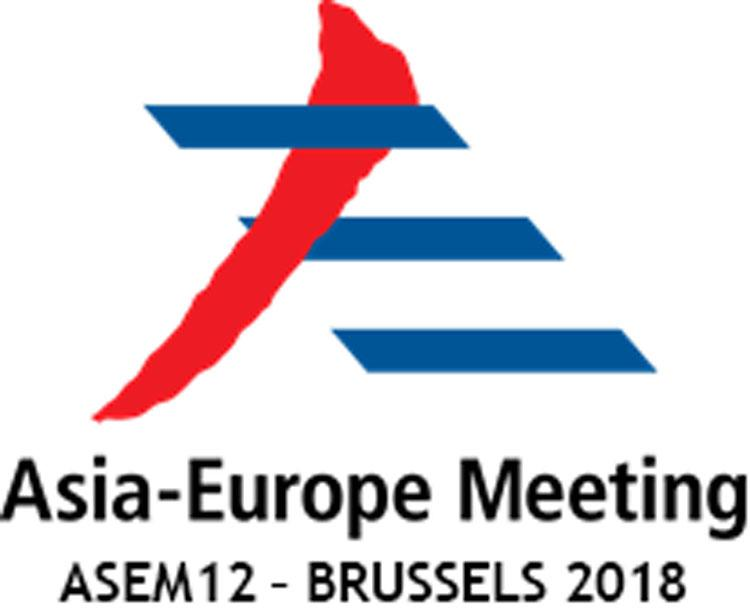 ASIA-EUROPE MEETING REPRESENTS A VALUABLE EURASIAN DIALOGUE PLATFORM - HÜRRİYET DAILY NEWS - 25.10.2018
ASIA-EUROPE MEETING REPRESENTS A VALUABLE EURASIAN DIALOGUE PLATFORM - HÜRRİYET DAILY NEWS - 25.10.2018
Teoman Ertuğrul TULUN 01.11.2018 -
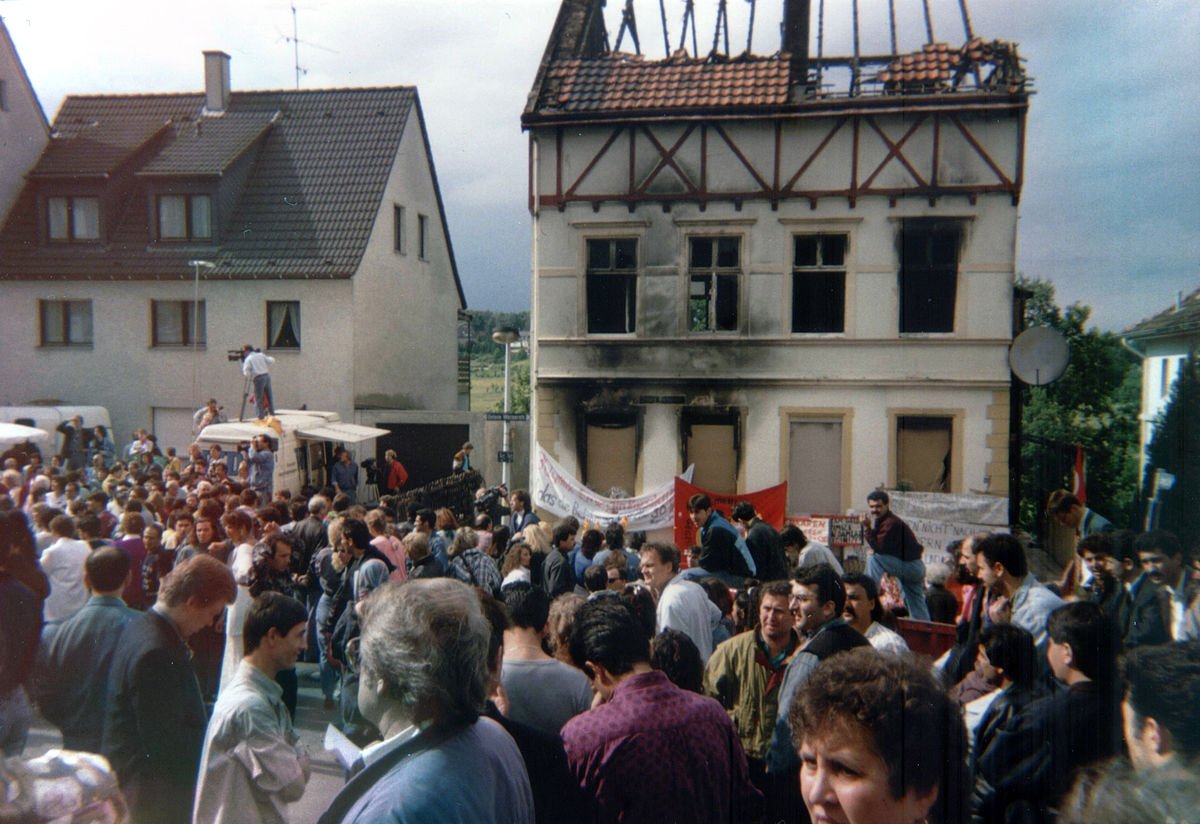 SOLİNGEN’İ ANMAK: AŞIRI YABANCI DÜŞMANLIĞININ BATI AVRUPA’DA İNATÇI YÜKSELİŞİ - HÜRRİYET DAILY NEWS - 19.05.2018
SOLİNGEN’İ ANMAK: AŞIRI YABANCI DÜŞMANLIĞININ BATI AVRUPA’DA İNATÇI YÜKSELİŞİ - HÜRRİYET DAILY NEWS - 19.05.2018
Teoman Ertuğrul TULUN 27.05.2018 -
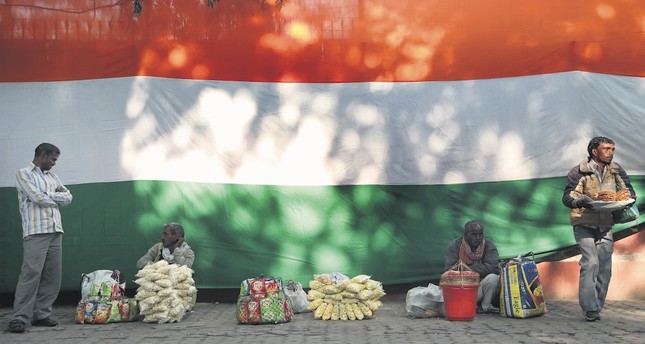 CRUCIAL CHOICE FOR INDIAN DEMOCRACY -DAILY SABAH - 02.01.2018
CRUCIAL CHOICE FOR INDIAN DEMOCRACY -DAILY SABAH - 02.01.2018
Teoman Ertuğrul TULUN 05.01.2018 -
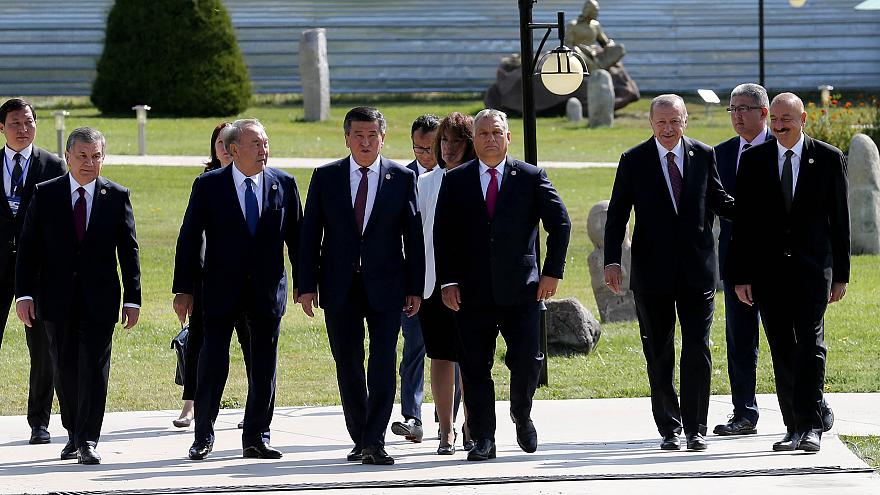 HUNGARIAN RHAPSODY FOR TURKIC COUNCIL - HÜRRİYET DAILY NEWS - 05.10.2018
HUNGARIAN RHAPSODY FOR TURKIC COUNCIL - HÜRRİYET DAILY NEWS - 05.10.2018
Teoman Ertuğrul TULUN 08.10.2018 -
 80TH ANNIVERSARY OF ANSCHLUSS: EUROPEAN VALUES BEING TRAMPLED AS FAR RIGHT RISES - DAILY SABAH - 04.04.2018
80TH ANNIVERSARY OF ANSCHLUSS: EUROPEAN VALUES BEING TRAMPLED AS FAR RIGHT RISES - DAILY SABAH - 04.04.2018
Teoman Ertuğrul TULUN 05.04.2018
-
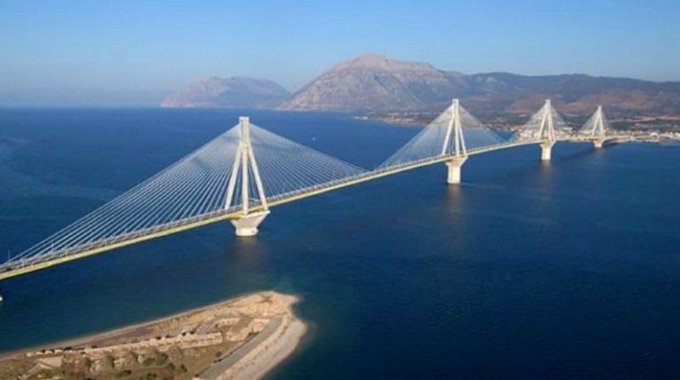 THE EU’S TRIAL IN THE BALKANS (THE PELJESAC BRIDGE) - 18.03.2021
THE EU’S TRIAL IN THE BALKANS (THE PELJESAC BRIDGE) - 18.03.2021
Hasan Sevilir AŞAN 18.03.2021 -
 GERMANY’S HIGH REPRESENTATIVE CANDIDATE IN BIH, CHRISTIAN SCHMIDT, AND HIS POSSIBLE USE OF BONN POWERS - 07.04.2021
GERMANY’S HIGH REPRESENTATIVE CANDIDATE IN BIH, CHRISTIAN SCHMIDT, AND HIS POSSIBLE USE OF BONN POWERS - 07.04.2021
Senad SEVDİK 26.04.2021 -
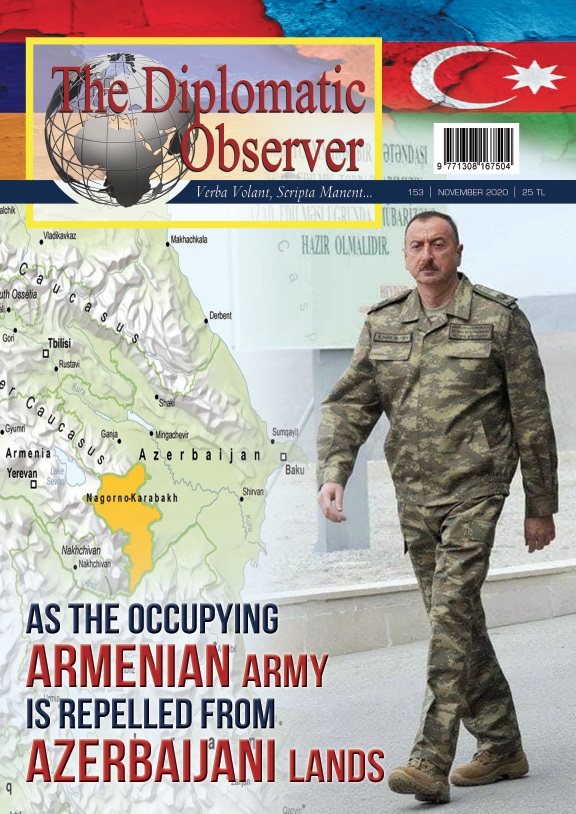 TURKEY-ARMENIA RELATIONS - DIPLOMATIC OBSERVER - NOVEMBER 2020
TURKEY-ARMENIA RELATIONS - DIPLOMATIC OBSERVER - NOVEMBER 2020
Alev KILIÇ 05.11.2020 -
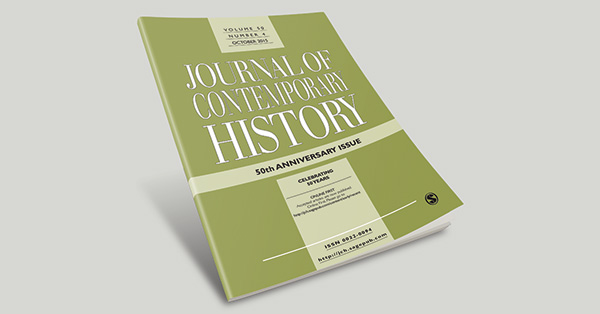 BOOK REVIEW: A GLOBAL HISTORY OF RELOCATION IN COUNTERINSURGENCY WARFARE - JOURNAL OF CONTEMPORARY HISTORY - 05.10.2021
BOOK REVIEW: A GLOBAL HISTORY OF RELOCATION IN COUNTERINSURGENCY WARFARE - JOURNAL OF CONTEMPORARY HISTORY - 05.10.2021
K.A. HACK 22.10.2021 -
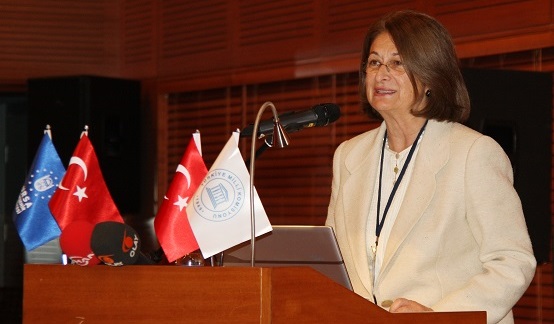 ERMENİSTAN CUMHURBAŞKANI’NA AÇIK MEKTUP - 27.05.2019
ERMENİSTAN CUMHURBAŞKANI’NA AÇIK MEKTUP - 27.05.2019
Melek Sina BAYDUR 28.05.2019


